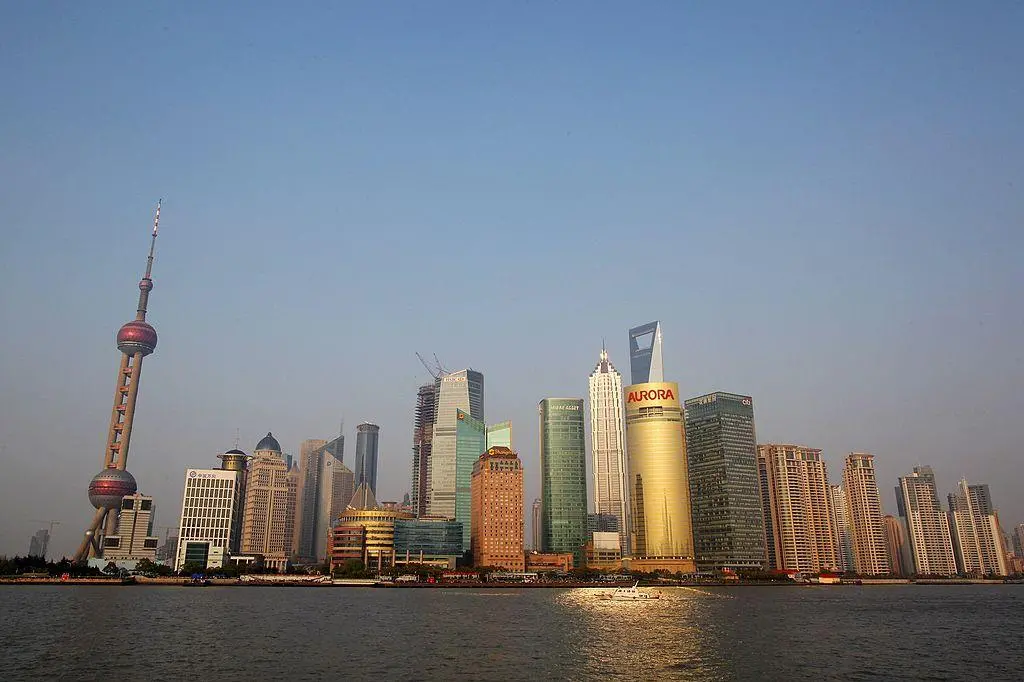PHOTO
23 January 2020
China central bank's latest move to cut the Reserve Requirement Ratio (RRR) by 50 basis point is expected to boost investor sentiment, driving buying activities in the commercial real estate sector.
Global commercial real estate consultancy firm CBRE said it expects the lower policy rate to expand the yield spread for commercial real estate by 20-30 bps in 2020. "This will provide support to property capital values and boost investor confidence in a market that continues to face ample new supply," the firm stated in its commentary Greater China Market Flash.
The rate cut which came into effect from January 6 will lower the RRR -- the amount of cash banks is required to set aside as reserve -- for large banks to 12.5 percent, paving the way for injecting around 800 billion RMB ($115 billion) of extra liquidity into the domestic economy.
CBRE said that improved liquidity will also continue to drive steady purchasing by owner-occupiers. It noted that office transactions for self-use amounted to a record high 30 billion RMB ($4.3 billion) in 2019, with over 90 percent of deals occurring in Shanghai, Beijing and Shenzhen.
However, the rate cut is unlikely to have a major impact on the housing sector (although it will ease credit pressure for homebuyers) as China continues to follow a principle of 'houses are for living, not for speculation'.
"The RRR cut will provide only limited relief for developers experiencing high debt ratios and repayment pressure," said CBRE in the commentary, adding that around 500 billion RMB ($72 billion) of real estate debt will terminate in 2020.
"Highly leveraged developers will therefore continue to engage in the refinancing and disposal of assets, providing investors with a window of opportunity for acquisitions and debt investment," it noted.
The rate cut - the seventh since April 2018 - was very much on the cards after China's top policymakers last month announced that the country would adopt a "moderately flexible" monetary policy in 2020. Industry experts anticipate further reductions to take place later this year as China looks to spur its domestic demand following slower GDP growth last year.
"The cut, together with anticipated further reductions this year, will help to stabilise China's 2020 GDP growth at around 6 percent and is also likely to result in a further decrease of the Loan Prime Pate (LPR) later this month, which will lower financing costs in the real economy," said CBRE.
While the RRR cut will indirectly benefit the leasing market on account of the improved economic outlook, CBRE said the phase one trade deal with the US will have a far more "profound and immediate impact" on the commercial real estate sector.
(Writing by Syed Ameen Kader; Editing by Anoop Menon)
(anoop.menon@refinitiv.com)
Disclaimer: This article is provided for informational purposes only. The content does not provide tax, legal or investment advice or opinion regarding the suitability, value or profitability of any particular security, portfolio or investment strategy. Read our full disclaimer policy here.
© ZAWYA 2020





















